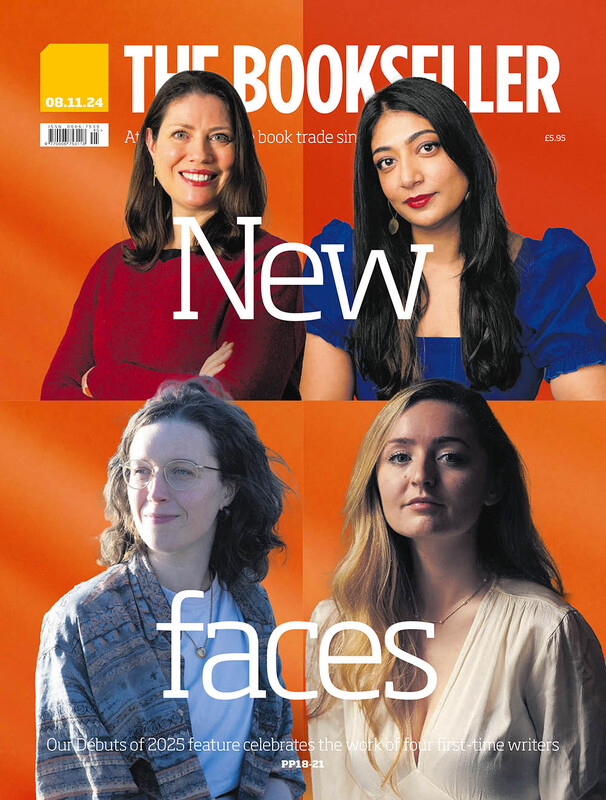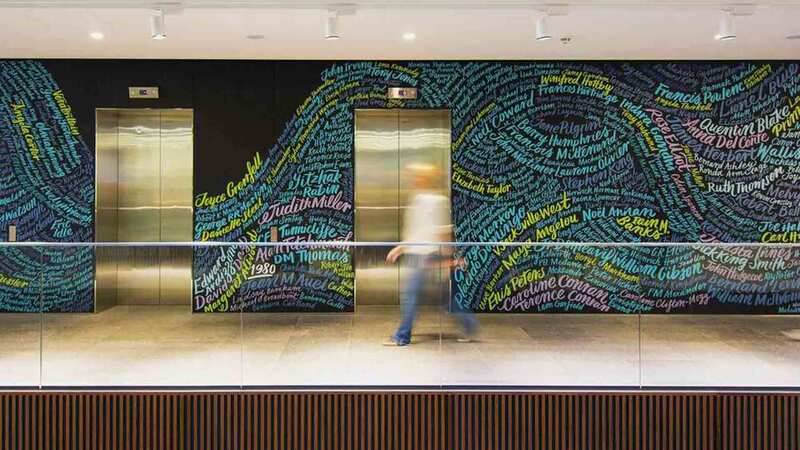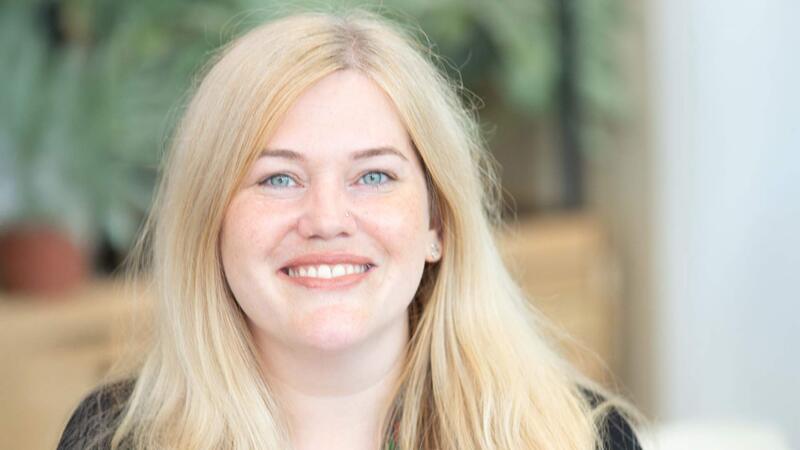You are viewing your 1 free article this month. Login to read more articles.
Help us thrive
Neurodiverse employees have many talents to bring to publishing, if companies are willing to adapt.
Many years ago, when I was a publicist at Pan Macmillan, a bouncy person from marketing approached my desk with a cameraman, explained that she was making a film for the sales conference, and asked the following question: “Pan Macmillan! What’s it all about?”
I stared at her in confusion. This was a strange question. I considered my response.
“It’s about making money, isn’t it?” I replied, eventually.
She and the cameraman roared with laughter, shouted that this was brilliant and went on their way. I remained confused. It was only later, watching the resulting film, that I understood my answer should have been: “discovering new voices!”, “having fun!” or “one big happy family!”
Rubbish, I thought. None of those will do much for the bottom line that the m.d. has just spent 40 minutes talking about. Why are they pretending?
I should have been diagnosed as autistic and ADHD as a child, as my own children were, but like many of us born in the dark pre-internet years, my diagnoses only came this summer, at the grand age of 43. Officially, around 1% of the UK population is autistic and 3-5% are ADHD, but as understanding and diagnostic rates soar, especially amongst adults, those will become much higher.
I’m prepared to stick my neck out and say that publishing attracts an above-average number of neurodiverse employees—something in the obsessiveness of it all. And while there is a welcome shift towards greater inclusion, we have learned that advocating for our needs produces mixed results. We are still often misunderstood as childlike, unreliable, lacking in control or agency. There are some pretty grim portrayals of us in the media and plenty who see us as leaping aboard a bandwagon.
I’m prepared to stick my neck out and say that publishing attracts an above-average number of neurodiverse employees—something in the obsessiveness of it all.
Neurodiverse people can be some of your most productive, innovative, committed employees, but not if we are expected to work in unmanageable conditions, wearing a neurotypical mask all day. Since becoming a freelance publicist three years ago, I have realised that an office environment is in many ways a continuation of what my children cannot tolerate in school: the noise, the bright lights, the people everywhere with their unpredictable ways of behaving and communicating. Now that I work in peace at home, with a to-do list that I control and few meetings to interrupt my day, I have a better perspective on what neurodiverse people need to thrive at work.
Meetings: Most, if we’re honest, could be functionally replaced with a two-line email. They are absolutely exhausting. Sitting still with your feet on the floor rather than tucked comfortably underneath you, Gollum-style; maintaining eye contact; working out how to make a point without seeming too blunt; remembering to keep your face in an engaged expression. Please understand how hard meetings are for neurodiverse colleagues and wherever possible, allow them to be present only for relevant sections or not at all. In most cases, they can provide an update that could be read out. We need to move away from the idea that you need to be “in the room” to make an important contribution to a company.
Small talk: I have thought a lot about why I loathe small talk and have concluded that I don’t see it as an honest exchange. Honesty, along with fairness, is incredibly important to neurodiverse people. I don’t care where you went on holiday. You don’t care where I went. Why ask? Tell me about something interesting, like your problematic mother; otherwise, please understand that neurodiverse colleagues may prefer to sit quietly and don’t interpret this as antisocial or standoffish. Publishing is a social business, and we need to save our energy for when it counts, like a big pitch to a new author. Designate quiet areas in the office where we can be alone and undisturbed.
Social occasions: I liked a lot of my colleagues in the office but in general, we were bound by the concerns of work. In a social setting you are not supposed to talk about those, and it felt very uncomfortable. I didn’t want to play ping pong, or go bowling, and I definitely DID NOT want to dance. Crucially, I didn’t want to feel like a failure for finding these things so difficult. Please make it clear that attendance is not mandatory, and that you understand that for some people, these occasions just are not fun.
Working from home: Please develop specific policies that allow neurodiverse people to work from home at least three times a week and set that in stone. It’s not a nice-to-have, it’s a need-to-have.
These relatively simple steps would transform working life into one in which neurodiverse colleagues can thrive rather than cope. If you have someone in your team who has shared their neurodiversity with you, talk to them, and if reading this is striking a chord and you want to know more, feel free to get in touch with me at rebeccagraypr@gmail.com.



















